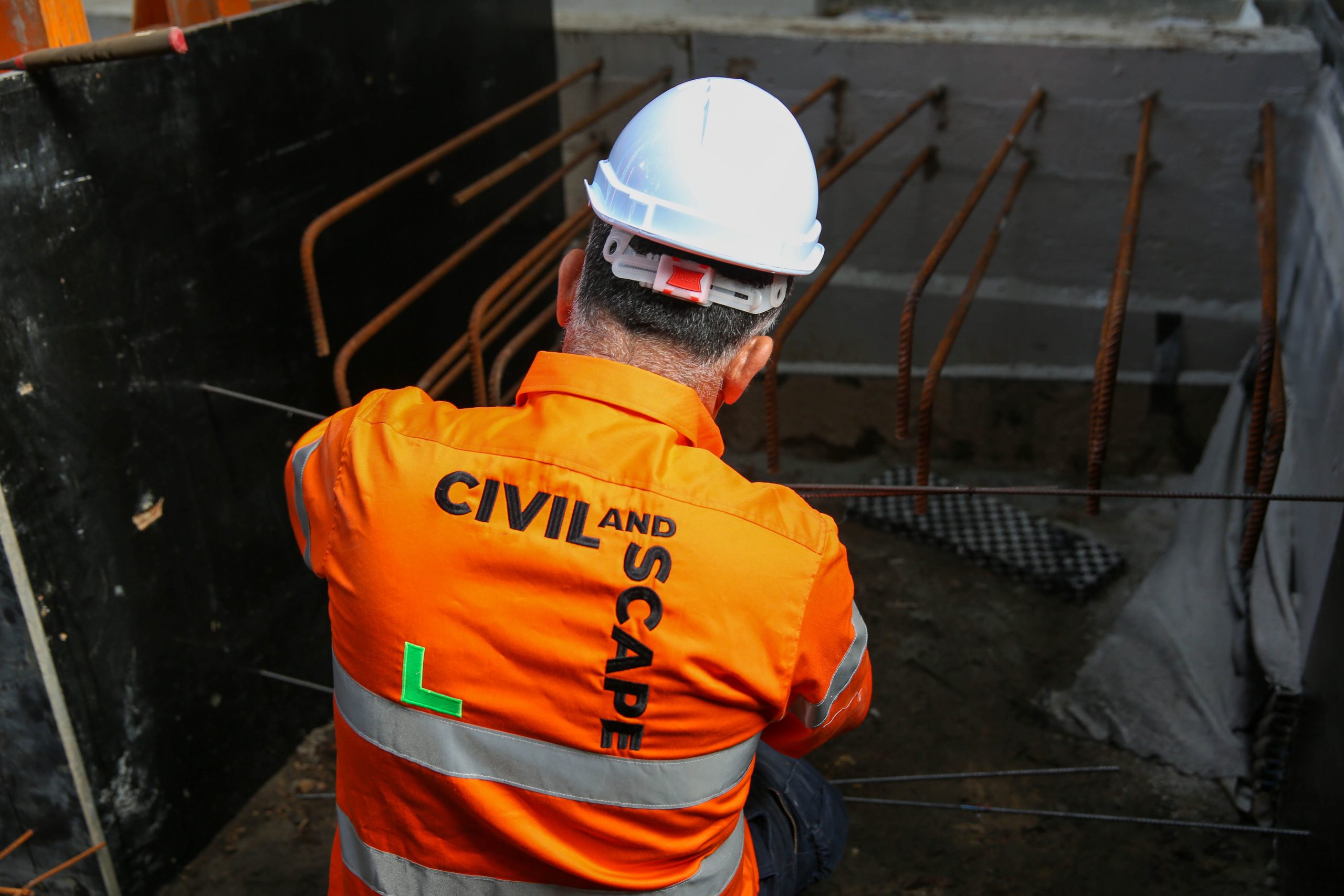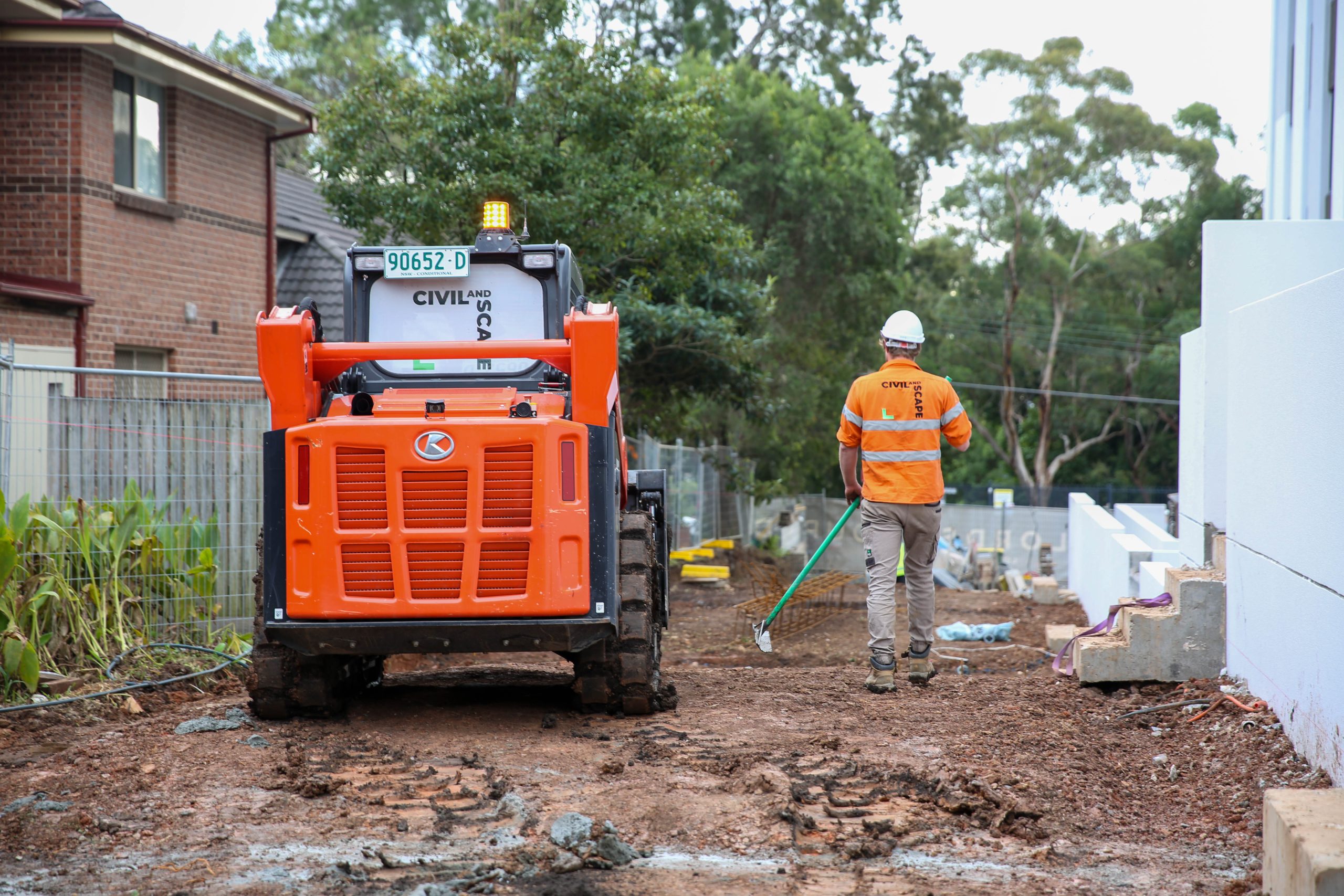
Every year, the scope and complexity of construction projects increase, requiring contractors to use more time, money, and innovation. The construction industry used to rely on conventional building procedures and equipment, such as spreadsheets, fax machines, emails, and pen and paper, but these are no longer able to handle the increasingly complex projects of today’s construction industry or its expectations for real-time data and workflows.
It took a while for construction management to come around, but now it’s widely accepted that the old ways of doing things just won’t work anymore. Veterans of the industry realise that a tech-focused approach is one of the best ways to complete their projects on time and meet client expectations. This mentality shift has led contractors to:
- Digitise documentation to cut needless paper out of the equation
- Implement cloud technologies to instantly share data and streamline workflows
- Implement modern reporting and data analytics tools for optimised decision-making
- Use mobile applications to open access to data and improve workflows in the field
- Add new technologies that automatically complete essential daily tasks and processes that previously took multiple steps and individuals to complete
Today, the civil construction industry is in the midst of a sweeping technology transformation, with leading contractors not just adapting to technology, but driving new innovations as well. For those that have yet to modernise their operations, most realise that time is running out to do so to remain competitive.
Beyond just adding technology, however, leading contractors are implementing new processes, stoking innovative fires and building better workforces.

Top 10 construction best practices
- Go fully digital for construction document management: digital documentation is more sustainable, cost-effective and efficient. You can store everything on a single device without scouring through stacks of blueprints or rows of file cabinets to find the information you need. Simpler documentation leads to fewer mistakes and better projects.
- Move to cloud-based construction software: businesses worldwide are adopting cloud-based construction technology for real-time data and collaboration. This technology allows contractors to take immediate actions on projects, reduce risks, and boost profits. The cloud is also the foundation for modern technologies, ensuring data security and business continuity.
- Beef up your cybersecurity: contractors using on-site servers and data storage for construction workflows are vulnerable to cybercriminals. Companies transitioning to hosted cloud environments can enhance cybersecurity by utilising latest protections and regular vendor maintenance.
- Implement prefabrication building: prefabrication, also known as modular building, involves creating a part of a construction project’s supporting structure (like a wall, electrical systems, or mechanical systems) at a controlled off-site facility and then transporting the finished pieces to the main location later on. This trend makes specialists’ jobs much easier and allows for better quality control. Modular construction has become a proven winner in many places across the world.
- Consolidate software: one of the best ways to streamline workflows and be more efficient is to consolidate as many workflows as possible, through data and technology. Logging into many different programs and apps all day takes time. Connected data and workflows mean your team can access the information they need quickly, and remotely out in the field, to spot potential problems before they occur. This allows you to be proactive and continue to grow, rather than being reactive and doing damage control.
- Embrace construction data analytics: one of the most beneficial aspects of today’s technology capabilities is the ability to dig much deeper into data with advanced analytics. Modern cloud construction and project management systems can provide real-time analytics, allowing you to segment, analyse, and see budgets and progress in real time.
- Streamline construction HR management: one of the biggest challenges in construction is managing the large and ever-changing workforces effectively. With new workers coming and going and finding skilled professionals amid an ongoing construction labour shortage, contractors’ HR professionals are consistently under pressure to keep up. With modern construction HR tools, employees can now self-serve many of their own HR needs (like updating information, time off requests, access to pay stubs, etc.) through online portals and automated tasks without having to pepper HR professionals with requests.
- Promote diversity, equity and inclusion: more and more, project owners are requiring the contractors they award to have sound diversity, equity and inclusion (DEI) practices in place. Beyond compliance, however, rolling out and supporting DEI campaigns within the construction organisation is simply the right thing to do and a sound business decision. A more diverse workforce leads to more productive discussions, happier workforces, and better collaboration and production. When everyone feels included and heard, they can go about their responsibilities confident in themselves and their co-workers.
- Find your equipment management sweet spot: heavy construction contractors must maintain a healthy equipment fleet to maximise profitability. Modern construction technologies help equipment managers stay ahead of the game, reducing risks of misuse and breakdowns. Accurate tracking of usage, proper maintenance, and retirement of equipment are crucial aspects of equipment management.
- Automate your accounts payable processes: why spend hours shuffling through paper and spreadsheets to pay the bills when you can let an automated technology do it for you? New applications digitise the construction accounts payable process, giving you more time to focus on other project tasks.
Using modern payment workflows, credit cards and more, means paying the bills can be as simple as a one-touch step and improves speed and accuracy as well. Accounts payable doesn’t have to be a stressful, time-consuming endeavour anymore!
By embracing modern technologies and practices, construction firms can more effectively address their own customers’ key pain points and challenges including building on budget, on schedule, and in ways that are sustainable while also improving their own business efficiency, accuracy, sustainability, competitiveness and profitability.
A connected construction experience is one in which construction firms have access to a common data environment with a standardised set of connected workflows across all departments/disciplines of the construction process. And it’s completely achievable today. With the right vendor, a connected construction suite can not just transform how your company operates today, but it can scale and future-proof your business for the long term.
Invest time in researching and selecting the best practices for your construction project to ensure a long-lasting, beautiful landscape that you can enjoy for years to come. Contact us now!
NEW PROJECT?





 1300 457 457
1300 457 457 info@civilandscape.com.au
info@civilandscape.com.au